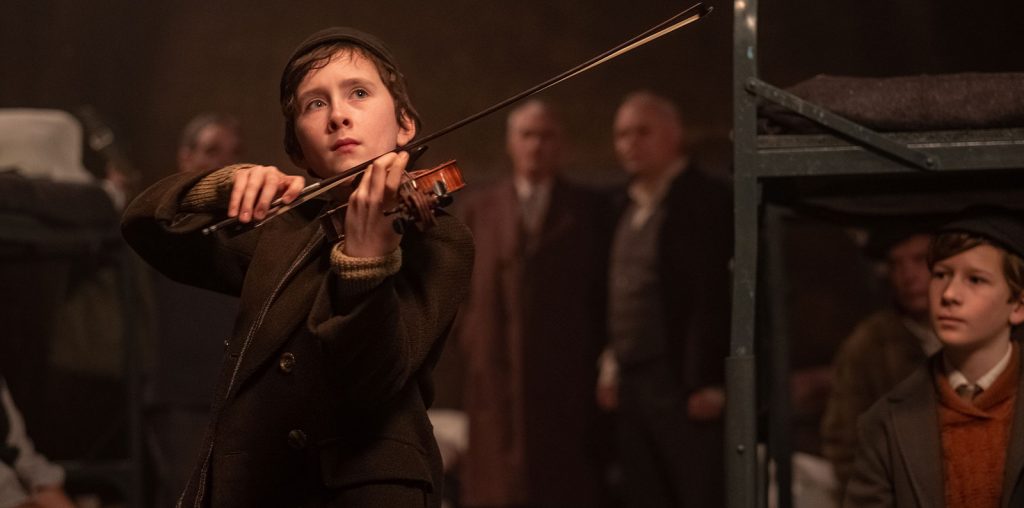
Paul Shepard’s (Bill Camp) Ivy League education makes him one of the most well-schooled house painters in town. But while painting houses was part of the plan — earn money to put his blind but determined to be independent wife Caroline (Elizabeth Marvel) through law school before Paul himself returned to the world of academia — the horrible tragedy that befell the young couple a few years earlier was not.
Now Paul finds himself in a drug-addled rut while Caroline finds herself at odds with both her brother Frank, who never liked Paul, and Paul’s appeasing mother. Even worse, they both find themselves trapped in a world of mutual recrimination for the tragedy that is slowly but inexorably destroying their once-storybook marriage.
Writer/director D.W. Maze has constructed a solid drama in “Ten Hundred Kings.” One of the more interesting characteristics of this film is its “onion skin” quality. It quickly becomes clear that both Paul and Caroline have developed a pattern of secrets, half-truths, and outright lies that they’ve been able to keep from each other as easily as Paul can hide from Caroline simply by being quiet. Yet, in the same way that she senses his presence, it’s equally as apparent that they’re both aware at some level of their partner’s underlying motives; that all isn’t quite as it seems on the surface.
“Ten Hundred Kings” is, if not a gloomy film, then certainly a somber and sobering one. What’s most interesting is that the film doesn’t really follow the standard Three Act structure. Paul and Caroline are already a crisis in progress as the viewer joins them; what would have been the Act One reason for this crisis sprinkled throughout the film’s first half. It’s an interesting approach, especially for a festival such as the AFF which emphasizes the writer.
“Ten Hundred Kings” also benefits tremendously from Camp’s and Marvel’s solid performances. Although Paul and Caroline act like schmucks from time to time, the viewer, conscientious of the sorrow they’ve had to bear, is willing to give them the benefit of the doubt, leaving him or her to hope that Paul and Caroline will do the same for each other.
